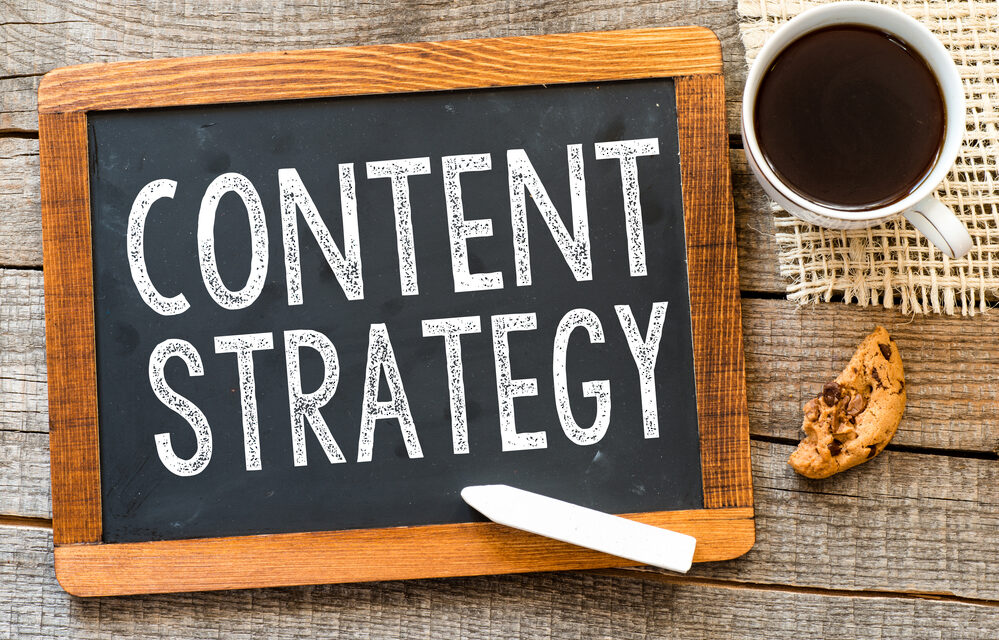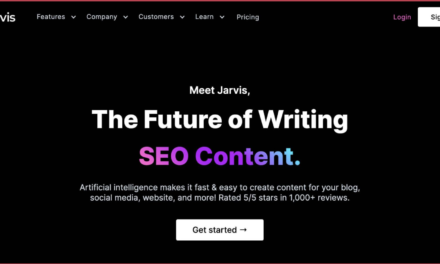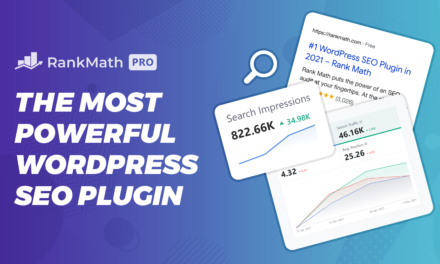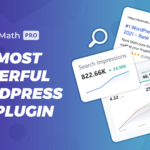In the ever-evolving digital landscape, content marketing has emerged as a powerful tool for businesses seeking to build trust, brand awareness, and customer loyalty. But “what is content marketing” exactly, and how can you create a strategy that drives tangible results? In this blog post, we’ll explore the ins and outs of content marketing, from its definition and importance to the key components of a successful strategy. Let’s dive in and discover the secrets behind effective content marketing campaigns that engage and delight target audiences.
Key Takeaways
Content marketing is a strategic approach to attract and engage target audiences.
Successful content marketing requires goal setting, audience analysis, format & channel selection for maximum ROI.
Common challenges include quality control & staying up to date with trends – use tools/resources for success!
Understanding Content Marketing: Definition and Importance

At its core, content marketing is a strategic approach that focuses on:
Creating and distributing valuable, relevant, and consistent content
Attracting and engaging a target audience
Ultimately driving profitable customer actions
In the modern digital landscape, online content marketing significantly shapes brand perception and nurtures customer loyalty. In fact, content marketing campaigns often outperform traditional paid ads in terms of engagement and ROI.
A successful content marketing campaign revolves around the creation and dissemination of high-quality, relevant content that resonates with the target audience. This can include:
Blog articles
Social media content marketing
Video content marketing
Various other content formats
Each tailored to address specific audience needs and preferences. Businesses can position themselves as industry thought leaders, earn their audience’s trust, and foster enduring customer relationships by regularly providing valuable content.
Content marketing’s significance goes beyond simple brand promotion. It also plays a vital role in driving organic traffic, as search engines tend to favor websites that regularly publish fresh, high-quality content. Moreover, an effective content marketing strategy can significantly boost a company’s visibility on social media platforms, further amplifying its reach and influence. Ultimately, content marketing is a powerful tool that businesses can harness to achieve their marketing goals, from increasing brand awareness and generating leads to nurturing customer loyalty and driving sales.
Key Components of a Successful Content Marketing Strategy
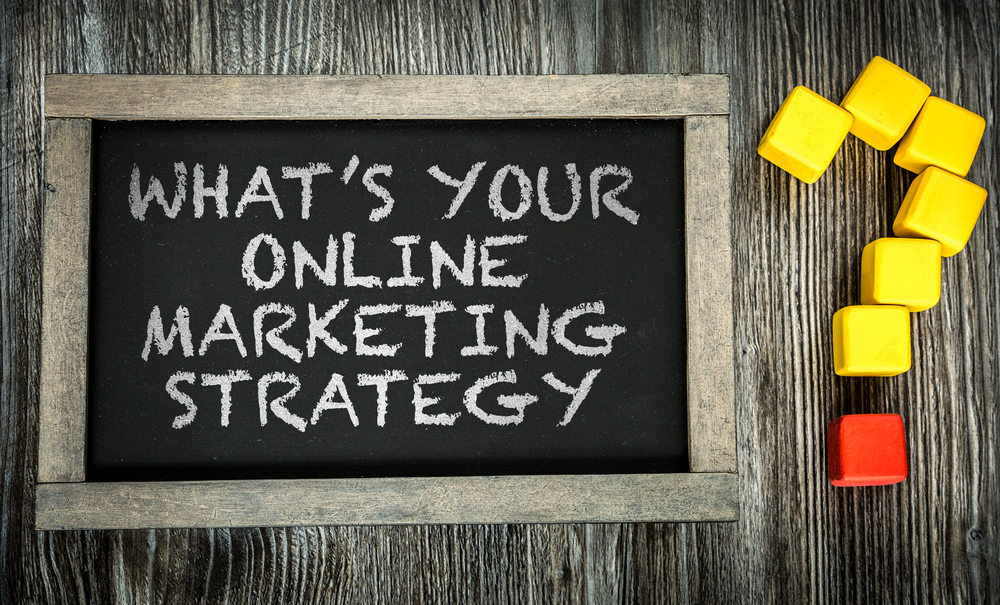
Three fundamental pillars underpin a successful content marketing strategy: setting goals and assessing success, analyzing the target audience, and selecting suitable content formats and channels. By carefully considering each of these components, businesses can create a comprehensive and effective content marketing plan that caters to the needs and preferences of their target audience, while also aligning with their broader marketing objectives.
The subsequent sections will provide a more in-depth exploration of these key elements, offering insights and practical tips for crafting a successful content marketing strategy. From setting clear goals and understanding your audience to selecting the most effective content formats and channels, we’ll guide you through the process and offer valuable advice for maximizing the impact of your content marketing efforts.
Learn more about Content Marketing here!
Goal Setting and Measuring Success

The ability to set goals and measure success is a vital part of any content marketing strategy, allowing businesses to monitor their progress and make required changes to enhance results. In order to establish a solid foundation for your content marketing efforts, it’s important to start by setting SMART (Specific, Measurable, Achievable, Relevant, and Time-bound) goals that align with your overall marketing objectives and corporate vision.
After defining your content marketing goals, it’s important to identify the key performance indicators (KPIs) that will let you track your progress and assess the success of your initiatives. Examples of content marketing KPIs include content engagement metrics such as views and comments, as well as conversions and other business-related outcomes. By regularly monitoring these KPIs and analyzing the results, you can make data-driven decisions and refine your content marketing strategy to better serve your target audience and achieve your desired outcomes.
To effectively measure the success of your content marketing efforts, you’ll need to leverage various tools and platforms that provide insights into your content’s performance. Some examples of these tools include Google Analytics, Google Search Console, Semrush, Ahrefs, and HubSpot. These tools allow you to track a variety of metrics, such as unique visitors, unique pageviews, authority score, average time on page, bounce rate, and click-through rate (CTR).
By setting clear goals, selecting relevant KPIs, and utilizing the appropriate tools and platforms to measure success, you can ensure that your content marketing efforts remain focused and aligned with your overall business objectives. Regularly evaluating your progress and making adjustments based on the results will not only help you optimize your content marketing strategy but also maximize the return on your investment.
Target Audience Analysis

Comprehending your target audience is a fundamental part of a triumphant content marketing strategy. By conducting a thorough target audience analysis, you can create content that resonates with their needs, preferences, and pain points, ensuring a more effective and engaging content marketing campaign.
To get started with target audience analysis, it’s important to develop detailed buyer personas that represent various segments of your audience. These personas should include demographic information, as well as insights into the needs, wants, and challenges faced by each segment. Additionally, it’s crucial to consider the different stages of the buying process and create content that addresses the unique needs and concerns of your audience at each stage.
By gaining a deep understanding of your target audience and their preferences, you can tailor your content marketing efforts to better address their needs and, ultimately, drive more meaningful engagement and results. Remember, the more relevant and valuable your content is to your audience, the more likely they are to engage with it, share it, and ultimately take the desired action.
Content Formats and Channels Selection
Selecting appropriate content formats and channels is critical for connecting with your target audience and amplifying the effect of your content marketing initiatives. Different content formats, such as:
Blog posts
Social media posts
Videos
Infographics
Email newsletters
can cater to diverse audience preferences, while also serving various marketing objectives.
When selecting content formats and channels, it’s important to consider the unique characteristics of each option, as well as the preferences and habits of your target audience. For example, video content marketing can be highly engaging and impactful, particularly on social media platforms like Instagram, Facebook, and TikTok, where users are more inclined to watch and share video content. Similarly, infographics can be an effective way to present complex data and insights in a visually appealing and easily digestible format.
In addition to choosing the right content formats, it’s also crucial to select the most appropriate channels for distributing your content. Social media platforms, such as:
Facebook
Instagram
LinkedIn
Twitter
offer a variety of opportunities for businesses to connect with their target audience and share content that resonates with them. By leveraging the right mix of content formats and channels, you can ensure that your content marketing efforts reach the widest possible audience and generate the desired impact.
Benefits of Content Marketing for Businesses
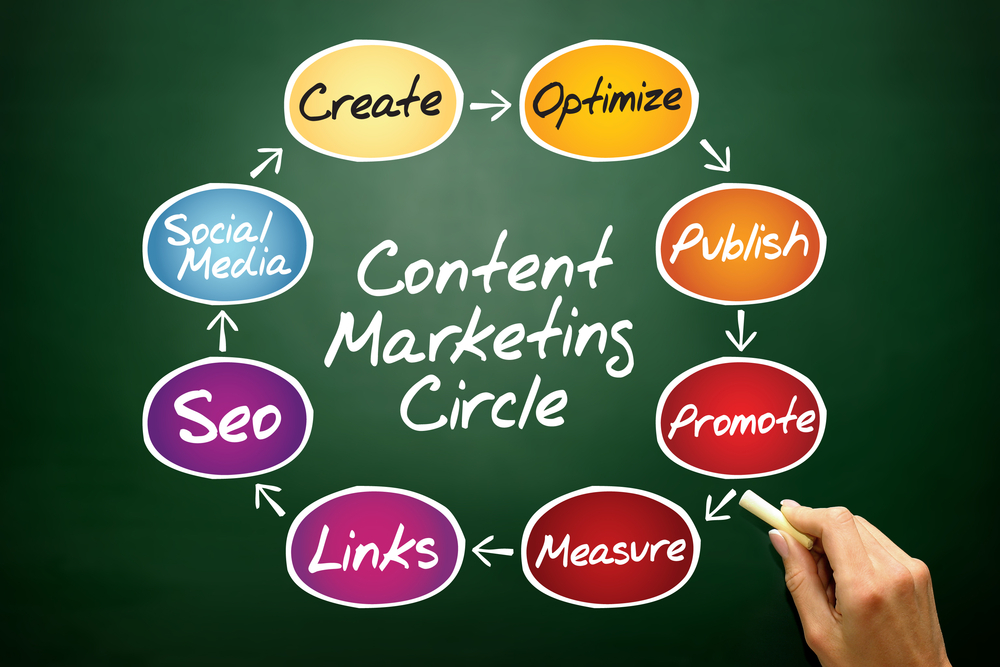
Businesses can reap various benefits from content marketing, such as:
Enhancing brand awareness
Generating leads
Engaging customers
Boosting ROI
By consistently delivering high-quality, relevant content, businesses can establish themselves as industry thought leaders and build lasting relationships with their target audience.
One of the primary benefits of content marketing is its ability to:
Increase brand awareness and visibility
Foster an emotional connection with potential customers
Enhance your brand’s reputation
Complement and even outperform traditional paid ad content marketing in terms of engagement and return on investment
Content marketing is an essential component of any successful marketing strategy.
Content marketing also plays a crucial role in lead generation and nurturing. By providing valuable content that addresses the pain points and needs of your target audience, you can effectively guide prospects through the buyer’s journey, from awareness and consideration to decision and conversion. Additionally, content marketing enables businesses to tap into the power of user-generated content and social media sharing, further amplifying their reach and influence.
In summary, content marketing offers a wealth of benefits for businesses, including:
Increased brand awareness
Lead generation
Enhanced customer engagement
Improved ROI
By harnessing the power of high-quality, relevant content, businesses can not only connect with their target audience on a deeper level but also drive tangible results that contribute to their overall success.
Stages of the Content Marketing Funnel
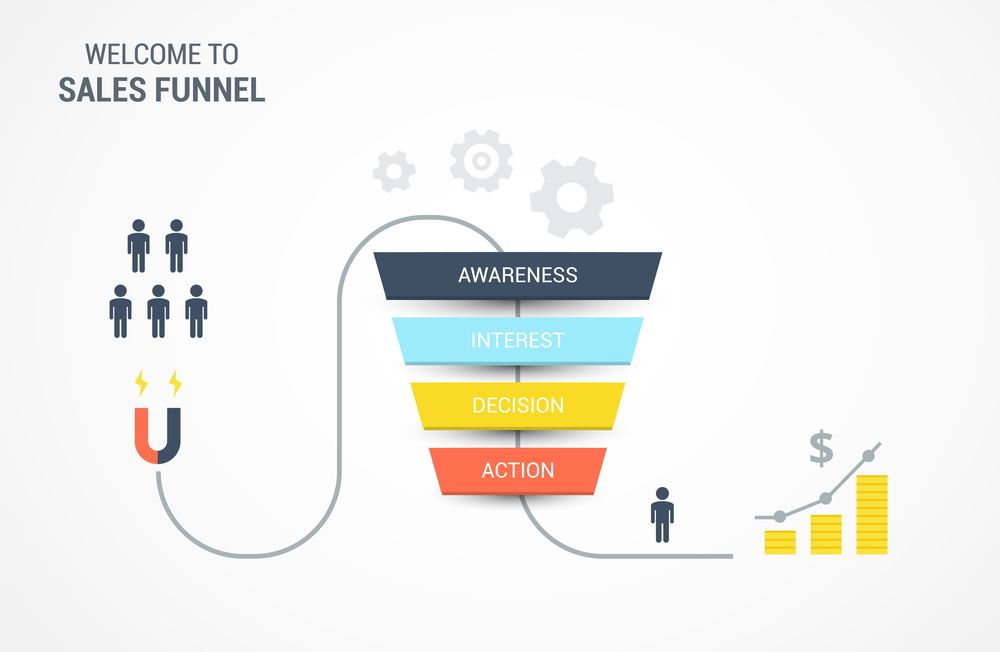
The content marketing funnel serves as a crucial framework for comprehending and satisfying your target audience’s needs throughout the buyer’s journey. Comprising three stages – awareness, consideration, and decision – the content marketing funnel is designed to guide prospects through each phase, ultimately leading to conversion and customer loyalty.
In the awareness stage, potential customers become aware of an issue or problem they are facing. At this point, your content marketing efforts should focus on providing educational and informative content that highlights the issue and introduces your brand as a knowledgeable and trustworthy resource. This can include blog posts, articles, and social media posts that provide valuable insights and information related to the problem at hand.
During the consideration stage, prospects are actively seeking solutions to their problem and exploring different options. Your content marketing efforts should aim to showcase your brand’s expertise and provide valuable information that helps prospects evaluate and compare different solutions. This can include in-depth guides, case studies, and product demonstrations that highlight the benefits and features of your offerings.
Finally, at the decision stage, prospects are ready to choose a solution and take action. Your content marketing efforts should focus on providing persuasive and compelling content that encourages prospects to choose your brand and make a purchase. This can include testimonials, reviews, and promotional offers that showcase the value and advantages of your products or services.
By tailoring your content marketing efforts to each stage of the funnel, you can effectively guide prospects through the buyer’s journey and foster lasting customer relationships.
Content Marketing Examples and Best Practices
Examples of successful content marketing underscore the strength of top-notch, captivating content in establishing brand authority, fostering trust, and nurturing customer loyalty. For instance, BuzzFeed has gained widespread recognition for its entertaining quizzes, which not only engage readers but also promote affiliate products, driving revenue for the company. Similarly, 9Round, a fitness brand, sends out monthly email newsletters featuring instructional workout videos, nutrition tips, and healthy recipes, fostering a sense of community among its members and reinforcing the value of its offerings.
These examples highlight the importance of creating content that not only resonates with the target audience but also supports the overall marketing objectives of the brand. To ensure the success of your content marketing efforts, it’s essential to adhere to best practices and continuously strive for improvement.
First and foremost, focus on producing high-quality, valuable content that addresses the needs and interests of your target audience. This can include creating an engaging blog post, articles, social media updates, videos, and infographics.
Each tailored to provide useful and engaging information that positions your brand as a trusted resource. Additionally, stay up-to-date with industry trends and developments, and be prepared to adapt your content marketing strategy as needed to maintain relevance and appeal to your audience.
By following these best practices and learning from successful content marketing examples, you can maximize the impact of your efforts and drive tangible results for your business.
Essential Content Marketing Tools and Resources
Employing vital content marketing tools and resources can significantly boost your content marketing strategy’s effectiveness. These tools and resources can help you streamline and manage various aspects of your content marketing efforts, including:
Content creation
Content distribution
Performance tracking
Analysis
Analytics tools, such as Google Analytics and Google Search Console, can provide valuable insights into the performance of your content, helping you identify areas for improvement and optimize your strategy based on data-driven insights. SEO tools, such as Semrush and Ahrefs, can help you identify high-performing keywords and optimize your content for search engine visibility, driving more organic traffic to your website. Social media management platforms, such as Hootsuite and Buffer, can help you schedule and manage your social media content, ensuring consistent engagement with your target audience across multiple platforms.
By leveraging these essential content marketing tools and resources, you can maximize the efficiency and effectiveness of your content marketing efforts, positioning your brand for success in the competitive digital landscape.
Tips for Implementing a Content Marketing Strategy
The implementation of a content marketing strategy involves:
Forming a devoted team
Creating a content calendar
Partnering with other departments
Consistently reviewing progress while making necessary changes
To ensure the success of your content marketing efforts, consider the following tips and best practices.
First, assemble a content marketing team that includes skilled writers, designers, strategists, and other professionals who can contribute their unique talents and expertise to the creation and distribution of your content. Developing a content calendar can help you plan and organize your content marketing efforts, ensuring that you consistently produce and share high-quality, engaging content with your target audience. Collaborating with other departments within your organization can provide valuable insights and perspectives, helping you create content that resonates with your audience and supports your overall marketing objectives.
Finally, regularly evaluate your content marketing progress and make adjustments as needed to optimize your strategy and ensure its continued success. A commitment to continuous learning, adaptation, and improvement is essential for achieving the desired results and maximizing the return on your content marketing investment.
Common Content Marketing Challenges and How to Overcome Them
Frequent content marketing challenges encompass upholding content quality and consistency, keeping pace with industry trends, and evaluating success. Overcoming these challenges requires continuous learning, adaptation, and commitment to improvement.
To ensure content quality and consistency, follow these steps:
Develop a clear content strategy that outlines your goals, target audience, and preferred content formats and channels.
Use analytics tools to track your progress and identify areas for improvement.
Make data-driven decisions to optimize your content marketing efforts.
Provide regular training and professional development for your content marketing team to stay abreast of industry trends and best practices. By following these steps, you can ensure that your content remains relevant and engaging for your audience.
Measuring the success of your content marketing efforts can be challenging, as it often involves tracking multiple metrics and assessing the impact of your content on various aspects of your business. By selecting relevant KPIs and leveraging the appropriate tools and platforms to measure your progress, you can gain valuable insights into the effectiveness of your content marketing efforts and make informed decisions to optimize your strategy.
By addressing these common content marketing challenges and adopting a proactive approach to continuous learning and improvement, you can ensure the success of your content marketing strategy and drive tangible results for your business.
Summary
In conclusion, content marketing is a powerful tool for businesses seeking to build trust, brand awareness, and customer loyalty in the digital age. By understanding the fundamentals of content marketing, creating a well-defined strategy, and leveraging the right tools and resources, you can effectively engage your target audience and drive meaningful results for your business.
As you embark on your content marketing journey, remember that the key to success lies in continuous learning, adaptation, and commitment to improvement. By staying informed of industry trends, embracing new technologies, and consistently delivering high-quality, relevant content, you can position your brand for lasting success in the competitive digital landscape.
Ready to Launch Your Digital Product Empire?
Join Our Free How to Market and Sell Digital Products Class Today! No Experience Required – Just Passion and Drive. Don’t Miss Your Chance to Transform Your Future.
Enroll Now and Master the Art of Digital Sales!” 🚀💡🌟
Frequently Asked Questions
What do you mean by content marketing?
Content marketing is a strategic approach to attract and engage an audience by creating and sharing valuable, relevant content, helping to build brand awareness and expertise while driving profitable customer action.
What are the 4 main components of content marketing?
Content marketing is all about having clear targets, understanding your audience, setting goals and measuring progress – the four key components of success.
What are the 6 areas of content marketing?
Content marketing involves strategizing, creating, optimizing, distributing, repurposing, and maintaining content.
How can I measure the success of my content marketing efforts?
Measuring the success of your content marketing efforts can be done by tracking key performance indicators like content engagement, conversions and website traffic with analytics tools such as Google Analytics and Google Search Console.
What are some common content marketing challenges and how can I overcome them?
Content marketing challenges such as maintaining quality, keeping up with trends, and measuring success can be tackled by staying committed to learning, adapting, and striving for improvement.
